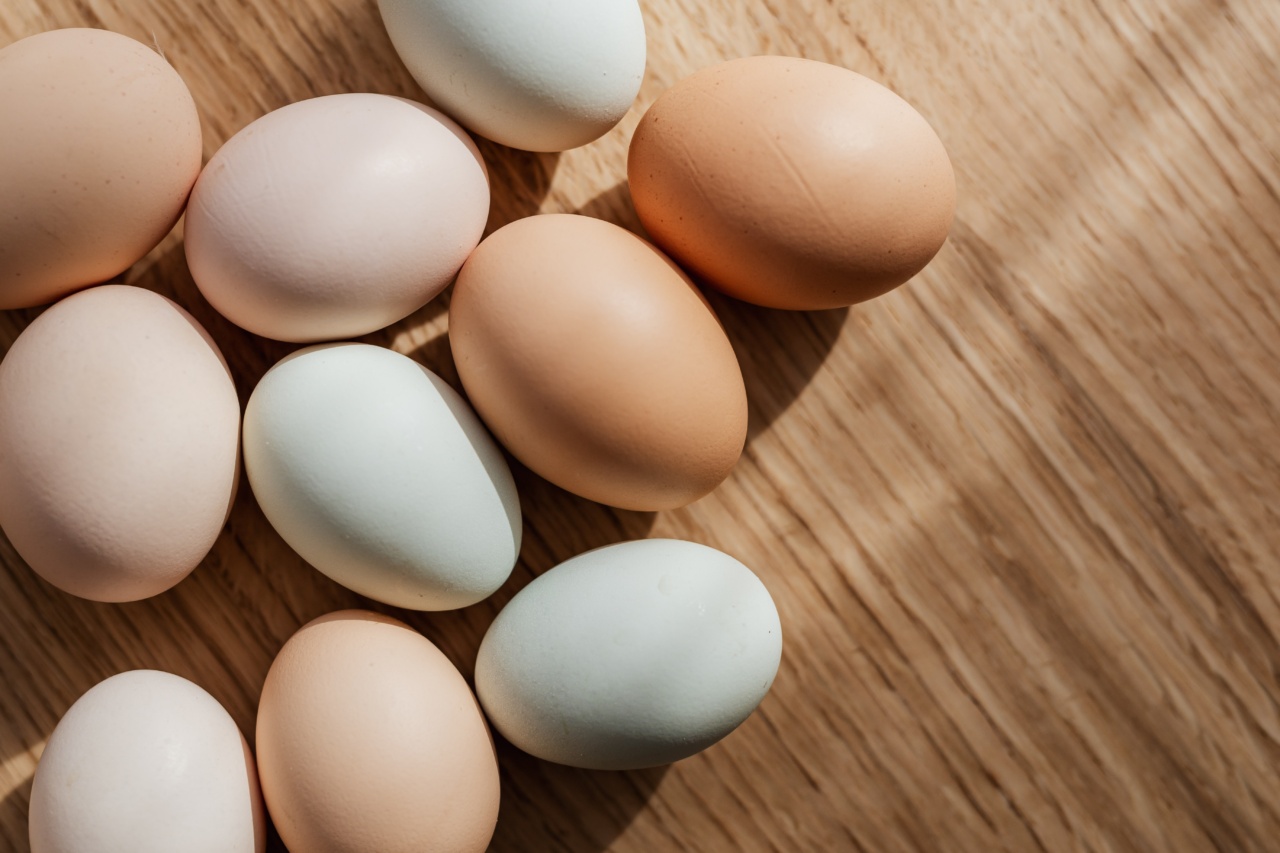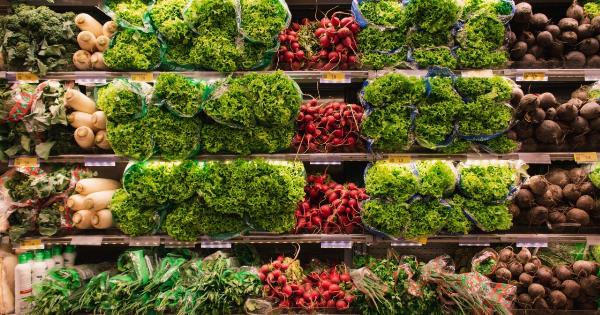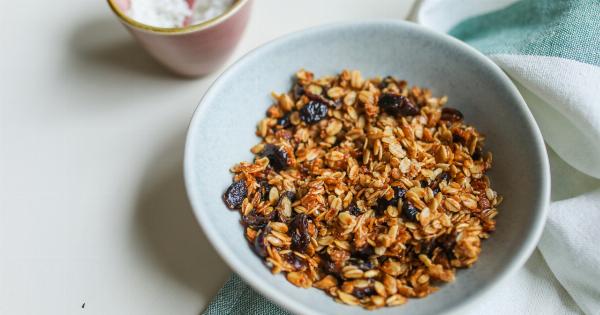When it comes to lean protein, chicken is often hailed as the ultimate option. It’s a staple in many diets, from athletes looking to build muscle to individuals aiming to lose weight.
But is chicken truly deserving of its title as the “king” of lean protein? Let’s explore the nutritional benefits of chicken, compare it with other meats, and uncover alternative sources of lean protein.
The Nutritional Benefits of Chicken
Chicken is a popular choice for its rich nutritional profile. It is an excellent source of high-quality protein, essential for maintaining and repairing tissues in our bodies.
A 100-gram serving of roasted chicken breast provides about 165 calories, 31 grams of protein, and minimal fat content compared to other meats.
Additionally, chicken is rich in essential amino acids that our bodies cannot produce themselves. These amino acids play a vital role in various physiological processes, including muscle growth, hormone production, and immune function.
Another notable benefit of chicken is its significant vitamin and mineral content. It contains B vitamins, such as niacin and pyridoxine, which are involved in energy metabolism and brain function.
Chicken also provides minerals like zinc, selenium, and phosphorus, contributing to bone health and immune support.
Chicken vs. Other Meats: A Comparison
While chicken certainly has its nutritional advantages, it’s important to consider how it stacks up against other meats in terms of lean protein content. Let’s compare chicken with some popular alternatives:.
1. Turkey
Turkey is often considered a close competitor to chicken when it comes to lean protein. Like chicken, turkey breast is low in fat and high in protein.
It is an excellent choice for those seeking a lean protein source, particularly during the holiday season. Turkey also contains essential vitamins and minerals similar to chicken.
2. Fish
Fish, particularly varieties like salmon, tuna, and cod, are excellent sources of lean protein. They also provide heart-healthy omega-3 fatty acids, which have numerous health benefits, including reducing inflammation and improving heart health.
Fish can be a great alternative to chicken for those looking to diversify their lean protein sources.
3. Lean Beef
Contrary to popular belief, lean beef can also be a viable option for those seeking lean protein. Certain cuts of beef, like sirloin or tenderloin, have relatively low fat content while providing a good amount of protein.
Beef is also a rich source of essential minerals like iron and zinc, which are important for maintaining optimal health.
4. Plant-Based Protein Sources
For vegetarians and vegans or those simply looking to decrease their meat consumption, several plant-based protein sources can provide excellent alternatives to chicken.
Legumes like lentils, chickpeas, and black beans are high in protein and contain beneficial fiber. Quinoa, tofu, and tempeh are also rich sources of plant-based protein.
The Importance of Variety
While chicken may be a popular lean protein choice, it is essential to emphasize the importance of variety in our diet. Consuming a diverse range of protein sources ensures that we obtain a wide array of essential amino acids, vitamins, and minerals.
By incorporating different protein sources, such as turkey, fish, lean beef, and plant-based options, we can maximize our nutrient intake and support overall health and well-being.
Each protein source brings its unique nutritional profile, allowing us to meet our dietary needs more effectively.
Conclusion
Chicken does possess several nutritional benefits that make it a popular choice for lean protein. Its high protein content, essential amino acids, and vitamin-mineral profile contribute to overall health and muscle maintenance.
However, it is important to recognize that other meats like turkey, fish, and lean beef can also provide comparable benefits. Additionally, plant-based protein sources offer viable alternatives, particularly for those following vegetarian or vegan diets.
The key to a balanced and nutritious diet lies in diversifying our protein sources and incorporating a variety of lean protein options into our meals.
References:
1. “Chicken, broilers or fryers, breast, roasted, meat only” – United States Department of Agriculture National Nutrient Database for Standard Reference Legacy Release.
2. “Effect of protein intake on muscle mass and strength: a systematic review and meta-analysis of cohort studies” – Lee, J. E., et al. (2016).
3. “The role of dietary protein intake in the prevention of sarcopenia of aging” – Kim, H. K., Suzuki, T., Saito, K., & Yoshida, H. (2014).
4. “Chicken as a natural source of bioavailable vitamins and minerals” – Amarowicz, R., et al. (2009).
5. “Beef in an Optimal Lean Diet study: effects on lipids, lipoproteins, and apolipoproteins” – Farnfield, M. M., et al. (2010).
6. “Omega-3 Fatty Acids and Cardiovascular Disease” – Mozaffarian, D., & Wu, J. H. (2011).
7. “The role of meat as a source of n-3 polyunsaturated fatty acids in the human diet” – Nuernberg, K., et al. (2005).
8. “Beans, lentils and peas increase fullness more than meat: A computer-based morphometric analysis of single meals” – Anderson, G. H., et al. (2009).





























